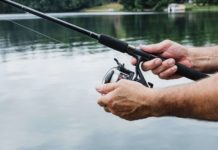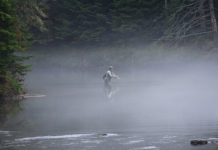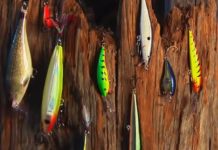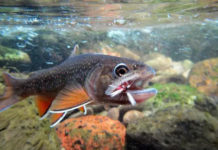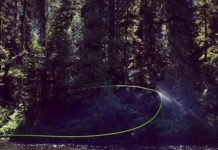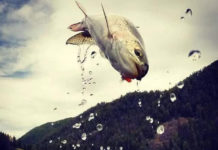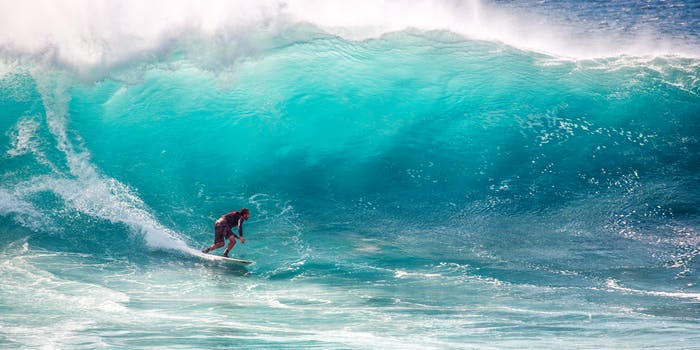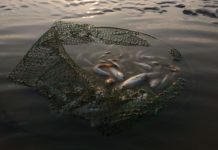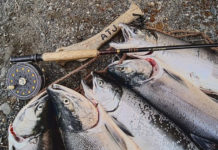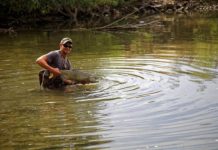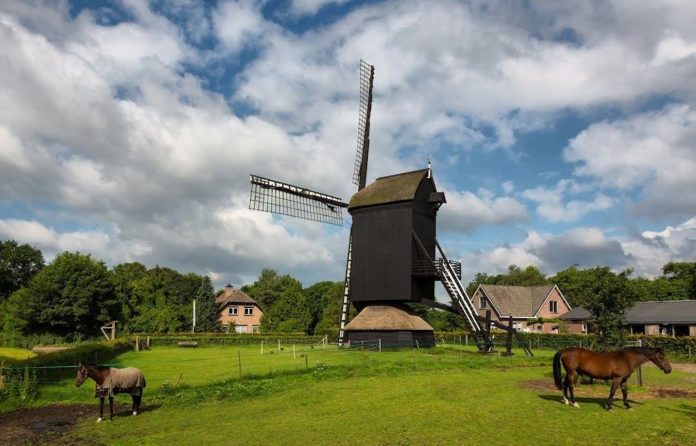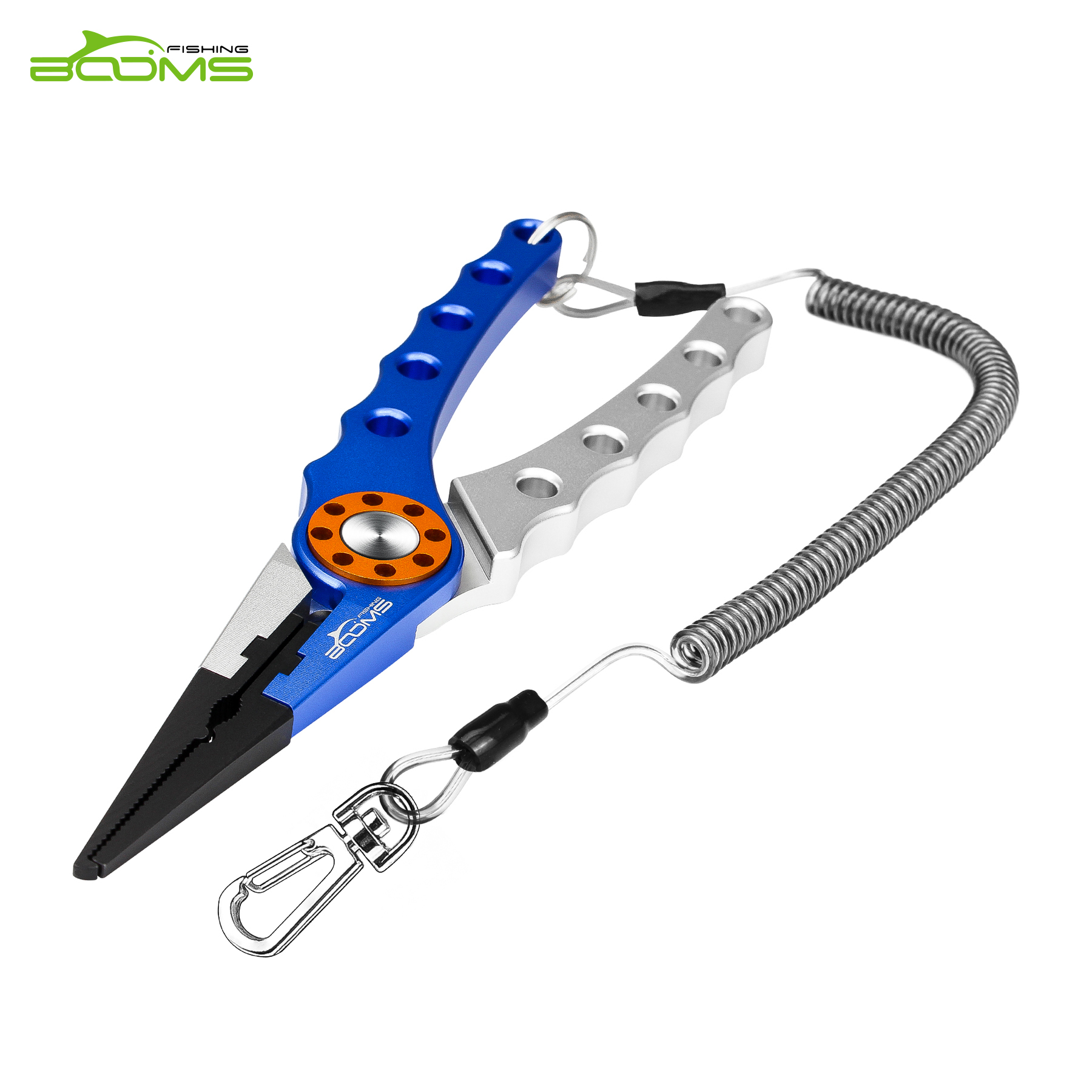In European countries, especially in the coastal countries of Western Europe, the recreational fishing industry dominated by swimming is very popular and developed.
For example, Holland is located in Western Europe, with a total area of 41,864 square kilometers. It is adjacent to Germany in the east, Belgium in the south, and the north and west of the north sea.
The kingdom of the Netherlands is arguably the most angling community in the world, with 7 million anglers and 4.8 million members, almost 90 percent of adult males, in a kingdom of just 14 million people. As the saying goes, nine out of ten Dutch men are good fishermen.
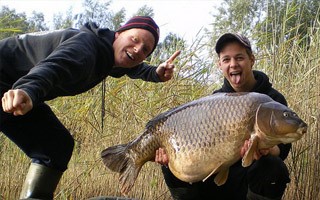 Although there is a necessary causal relationship between Dutch fishing practices and the special low-lying terrain of the Netherlands as well as the geographical environment with many lakes and ponds, the material standard of living and the specific cultural psychology are also the internal reasons why Dutch people are keen on fishing.
Although there is a necessary causal relationship between Dutch fishing practices and the special low-lying terrain of the Netherlands as well as the geographical environment with many lakes and ponds, the material standard of living and the specific cultural psychology are also the internal reasons why Dutch people are keen on fishing.
Fishing in the Netherlands was originally a spontaneous pastime among the Dutch people.
In the 1970s, when the Dutch economy was developing rapidly, the leisure culture was formed. In the 1980s, the increasing number of anglers and the existing lake fishing sites formed an imbalance pattern, and anglers often fought over the fishing grounds.
In order to mediate the conflict between fishing and fishing, various communities in the Netherlands set up fishing associations. At this time, the municipal authorities have to bring this personalized leisure behavior into the administrative social behavior to regulate.
Among the various management methods, the “lever adjustment method” is the most effective.
For example, “administrative leverage” requires all anglers to apply for a license, which states the name and community of the angler, as well as limits on the fishing area and location.
Although fishing is not for profit purposes, “tax leverage” requires anglers to pay taxes according to regulations. The time of tax payment is limited to the 5th day of each month.
The “legal lever” limits the size and weight of fishing. If the fish is not up to the required weight, they must be released, otherwise, they will be punished by the law.
So in Holland, the angler has a hot photo of fishing in addition to the fishing rod he carries with him. Nowadays, the standardized management of fishing in various countries and the concept of protection of resources and environment are indeed worth our thinking and learning. Protecting fishery resources and protecting the ecological environment is a long way from us.

